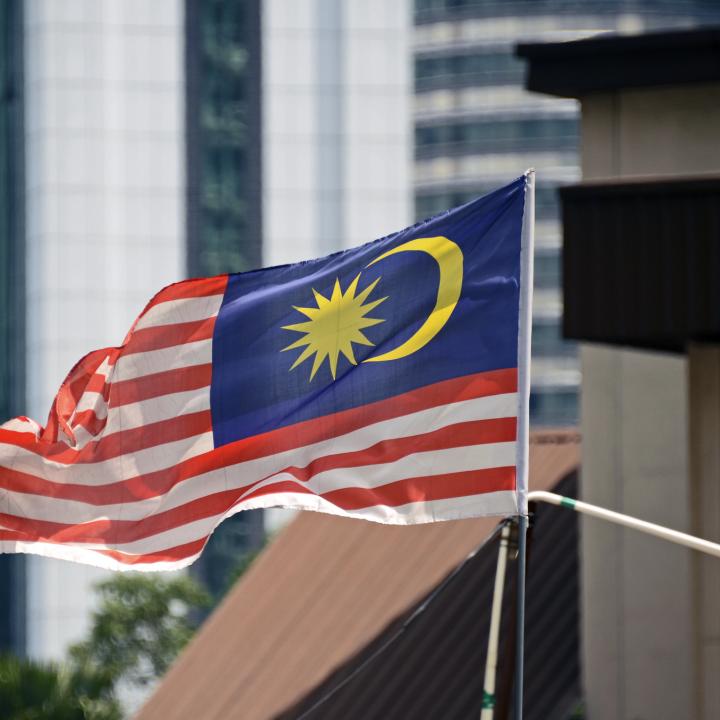- Joined
- Aug 20, 2022
- Messages
- 19,838
- Points
- 113
The Malaysia-Iran-Israel Triangle Amid the Gaza War
by Rebecca RedlichApr 25, 2024

ABOUT THE AUTHORS
Rebecca Redlich
Rebecca Redlich is a research assistant in The Washington Institute’s Diane and Guilford Glazer Foundation Program on Great Power Competition and the Middle East.
Brief Analysis
Kuala Lumpur is once again displaying its willingness to facilitate Iran’s illicit activity, support Hamas, and amplify anti-Israel rhetoric well beyond what its neighbors have countenanced.
The prime minister has also nudged domestic media to avoid referring to Hamas members as “militants,” likening the terrorist organization to the African National Congress during its years as an anti-apartheid movement. Relatedly, his government has expressed support for the case that South Africa brought against Israel at the International Court of Justice in December, calling the ongoing lawsuit “a timely and tangible step towards legal accountability for Israel’s atrocities in Gaza and the Occupied Palestinian Territory at large.”
Malaysia is a permissive environment for illicit Iranian oil sales as well, enabling Tehran to dodge U.S. sanctions. The country reportedly functions as a transshipment point for Iranian oil headed to China, masking the cargo’s point of origin by covertly relabeling it as originating from third-party countries such as Oman, the UAE, and Malaysia itself. Tellingly, China imported a record 1.2 million barrels per day of oil from Kuala Lumpur in November 2023—double the amount of oil that Malaysia actually produced (around 600,000 barrels per day). Meanwhile, Iran’s monthly oil exports—91 percent of which go to China—reached an estimated five-year-high last August.
Compared to its neighbors, Malaysia’s response to October 7 stands out. Cambodia, Singapore, and Thailand—all of whom have diplomatic relations with Israel—condemned the “terror attacks” and the “tragic escalation,” while the Philippines condemned Hamas and voiced support for Israel’s right to self-defense.
As for Kuala Lumpur’s pro-Hamas, anti-Israel actions, the Biden administration has limited its engagement on these matters so far, sending diplomatic notices to the Foreign Ministry and summoning the Malaysian ambassador to Washington. As noted above, U.S. officials have focused most of their outreach and punitive actions on areas where Malaysian decisions directly threaten U.S. objectives, such as facilitating illicit Iranian oil sales and creating a permissive environment for sanctions evasion.
